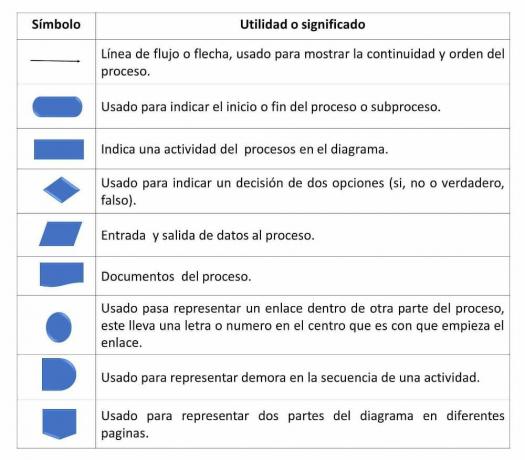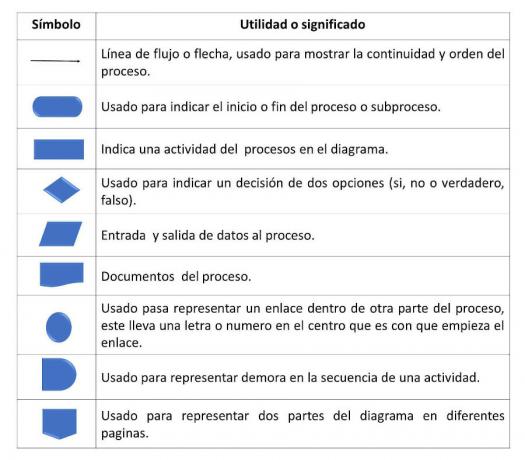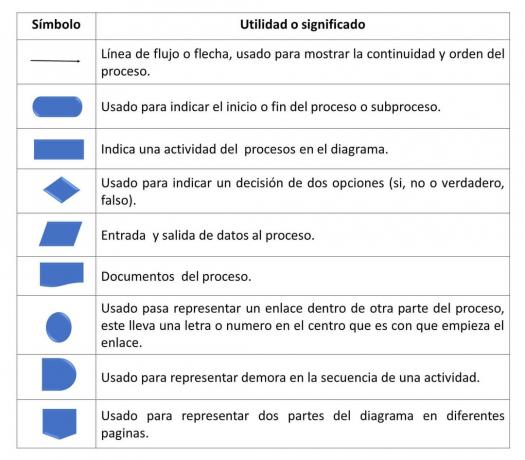It has been good luck to experience the start and growth of business logistics, and now the supply chain management, as an area of academic study, research, and practice business. We will discuss how the evolution of logistics has been during the years up to the present.
First of all, logistics is defined as the movement of products or services to a designated location at an agreed time, cost and condition.
Advertisements

In this article you will find:
The logistics assessment
In the past
Before the 1950s, logistics were thought of in military terms. It had to do with the acquisition, maintenance and transportation of military facilities, material and personnel.
Advertisements
The study and practice of physical distribution and logistics emerged in the 1960s and 1970s. The logistics costs were high. Nationally, the logistics cost in the United States was estimated to represent 15 percent of gross national product.
The physical distribution with its orientation to the outside was the first to emerge, since it represents around two thirds of the costs logistics and was considered a component of the combined marketing (product, place or physical distribution, promotion and price) of elements essential. Business logistics would soon follow, with its broader scope including inbound movement. It is useful to look at what early proponents of the areas envisioned to see if they fit current views and to give an idea of future directions.
Advertisements
When comparing the initial view of physical distribution and logistics with the current one for supply chain management, there is little difference.
In these early years, academics and professionals not only struggled with a definition for the field, but were unable to agree on a definite title. Some of the ones that were used were:
Advertisements
- Distribution
- Physical distribution
- Logistics
- Business Logistics
- Integrated logistics
- Materials management
- Value chains
- Rhocrematica, Greek term that refers to the management of material flows.
Present
A new name emerges: Supply Chain Management. This name is taking the logistics area by storm, as many in various business fields seem to adopt it and see the activities of their areas embedded in it.
First of all, we can say that supply chain management cares about seizing opportunities offering integrated management of product flow processes across all functions and between members of the channel. While the idea is powerful and the benefits obvious, the notion of reducing costs by including more than one system in decision making is not new. At least it was incorporated into the systems approach promoted by operations researchers in the 1940s and 1950s.
Advertisements
Second, logistics is now considered a subset of supply chain management. The scope of logistics is limited to the limits of the function within a company and deals mainly with the management of activities, which was not the initial view. Cross-functional and cross-organizational management appears to be within the purview of supply chain management rather than logistics. Logistics, as an identifying name, replaces physical distribution.
Third, purchasing and production are now included within the scope of supply chain management. As a result, it is responsible for 70 to 80% of the cost of sales of many companies.
Fourth, so many functional areas of the business are embracing supply chain management that it runs the risk of becoming so broad that it loses its identity and focus. Some organizational limitations and subdivisions may occur.
Fifth, although supply chain management promotes coordination, integration, Relationship building and collaboration across the supply channel is currently taking place to a degree very limited.
Future
Understanding the past and looking at the present allows an extrapolation to what might be in store for logistics / supply chain in the future. The trend towards greater globalization, free trade and outsourcing contribute to a continued and growing interest in logistics / supply chain. According to one study, there will be a tremendous change in the movement and consumption of goods, all of which will require better management of associated supply chain processes.
Logistics and supply chain management will undoubtedly continue to grow in importance as companies companies continue to seek outsourcing, expand their international operations and do business in an economic environment global.
Whatever the name of the field that manages product flows, which at the moment is supply chain management, the trend is set. These are the main challenges the supply chain is likely to face in the near future.


